
Gender Gaps in Eurasia: The daunting effects of COVID-19
This note summarises the work carried out by the OECD Eurasia Competitiveness Programme on gender equality in the Eastern Partner countries and Central Asia. The work was completed in consultation with Eurasia governments, in close collaboration with the development community in the region, and with the participation of the private sector and business associations.
While men have been more likely to die of COVID than women, the pandemic has in other ways significantly exacerbated the region’s pre-existing socio-economic inequalities: women have faced a sharp rise in lockdown-fuelled domestic violence, lack of access to life-saving sexual and reproductive health services, and far greater losses of employment and income than men.
This paper has three objectives: to provide a data-based evaluation of gender gaps in Eurasia (both before and during the pandemic), to assess the institutional and policy frameworks that exist to promote gender equality in these areas across the region, and, finally, to provide a series of recommendations, based on OECD good practices, to support a gender-inclusive recovery by identifying ways to support women’s economic empowerment and social well-being.
Download
MOST READ
RELATED
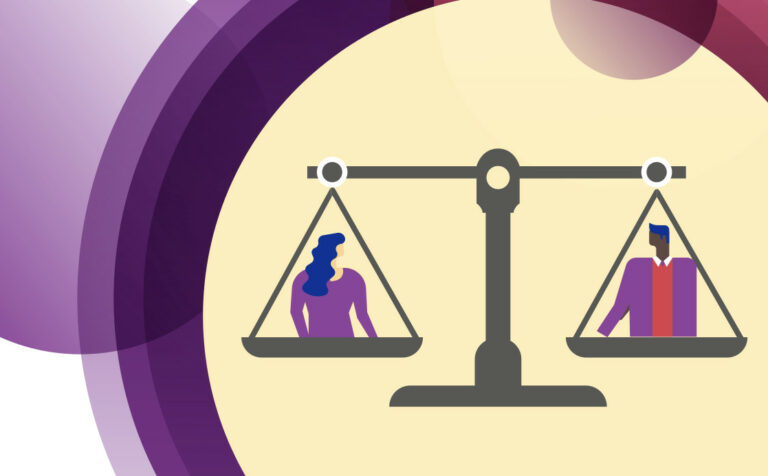
Armenia Country Gender Profile
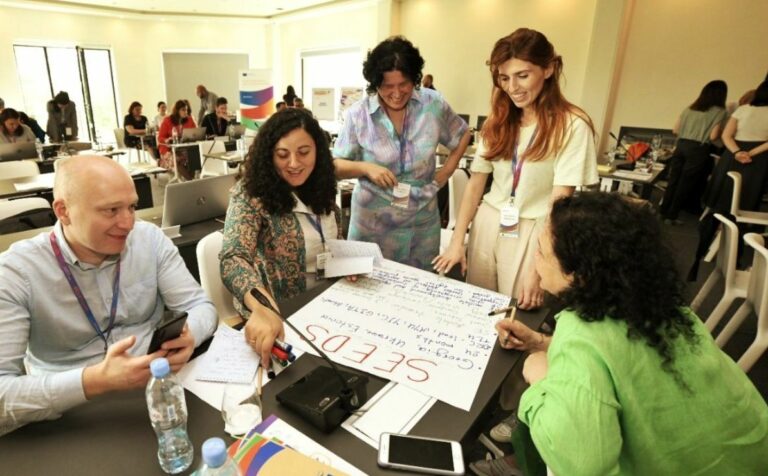
EU4Youth Newsletter: Welcome to the EU4Youth Stakeholder Hub!
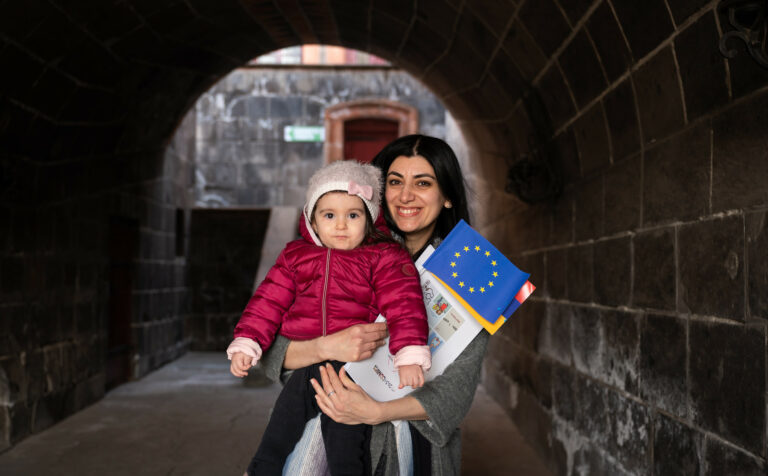
A Resilience and Growth Plan for Armenia
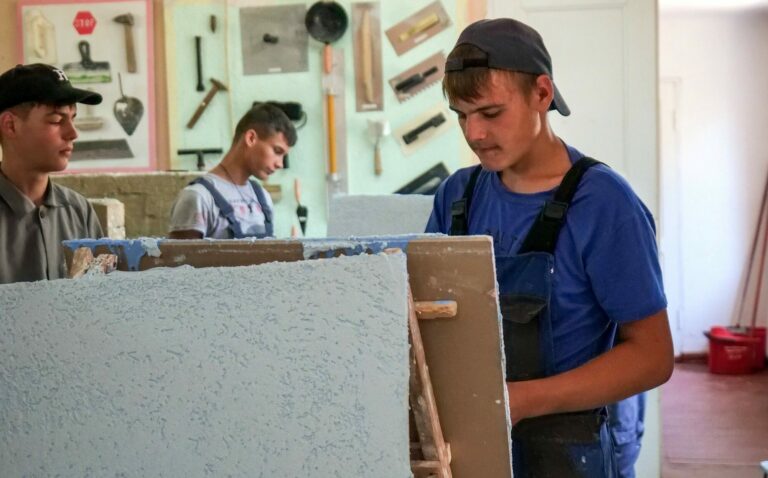
EU4Youth develops Youth Wiki reports on Youth Employment and Employability
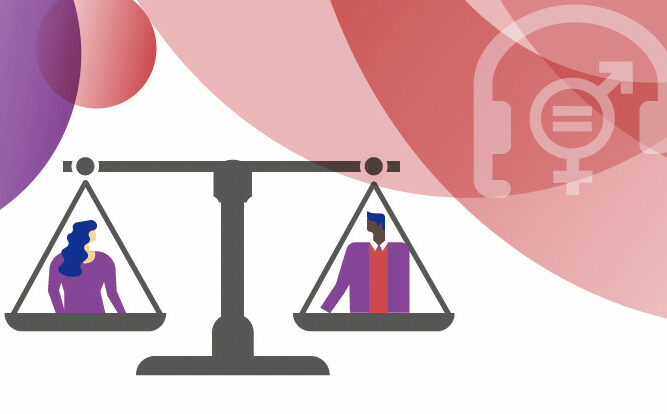
EU4Gender Equality Reform Helpdesk’s support (2021-2024) for Ukraine
More campaign pages:
Interested in the latest news and opportunities?
This website is managed by the EU-funded Regional Communication Programme for the Eastern Neighbourhood ('EU NEIGHBOURS east’), which complements and supports the communication of the Delegations of the European Union in the Eastern partner countries, and works under the guidance of the European Commission’s Directorate-General for Neighbourhood Policy and Enlargement Negotiations, and the European External Action Service. EU NEIGHBOURS east is implemented by a GOPA PACE-led consortium. It is part of the larger Neighbourhood Communication Programme (2020-2024) for the EU's Eastern and Southern Neighbourhood, which also includes 'EU NEIGHBOURS south’ project that runs the EU Neighbours portal.

The information on this site is subject to a Disclaimer and Protection of personal data. © European Union,







